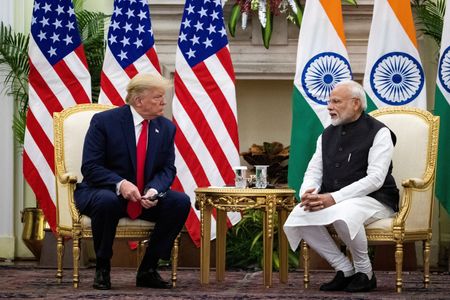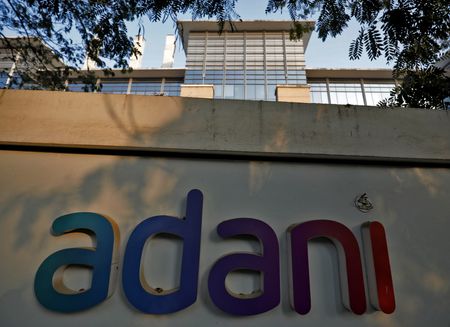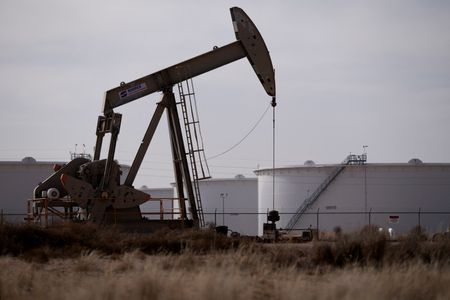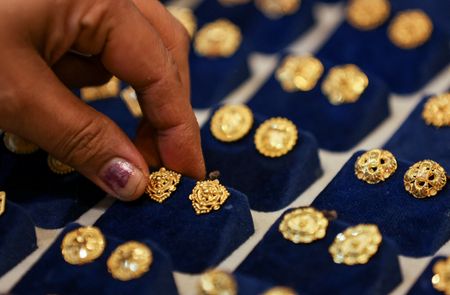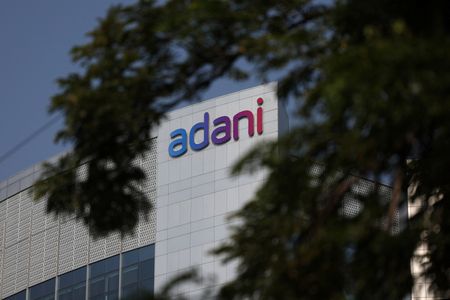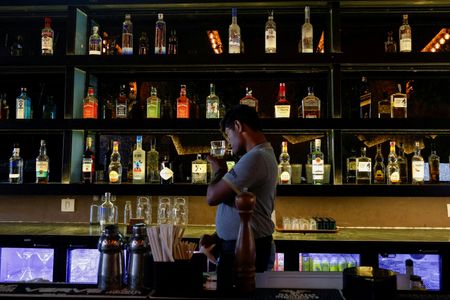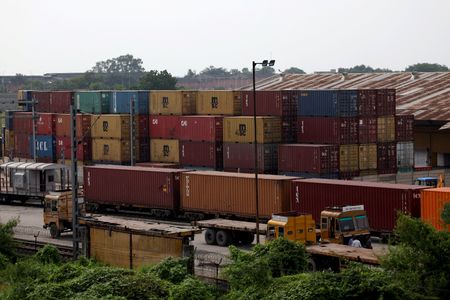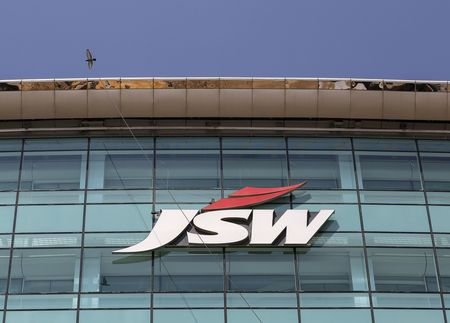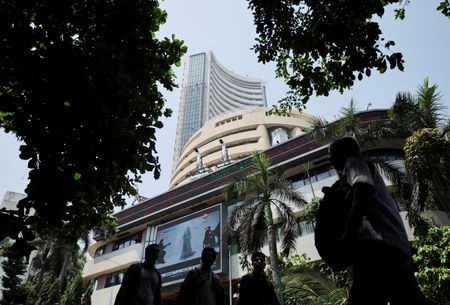By Sarita Chaganti Singh, Shivangi Acharya and Shivam Patel
NEW DELHI (Reuters) – Indian Prime Minister Narendra Modi is preparing additional tariff cuts ahead of a meeting this week with U.S. President Donald Trump that could boost American exports to India and avoid a potential trade war, government officials said.
Trump’s top economic adviser Kevin Hassett said on Monday that India has high tariffs that lock out imports and Modi would have a lot to discuss with Trump when the two leaders meet.
As well as tariff cuts, Modi is expected to propose increased energy and defence imports during a two-day U.S. visit from Wednesday.
Trump said on Sunday he plans announce new 25% tariffs on all steel and aluminum imports into the U.S. on Monday, on top of existing metals duties, and reciprocal tariffs on Tuesday or Wednesday, to take effect almost immediately.
He has previously called India a “very big abuser” on trade.
Trump believes the United States should impose reciprocal tariffs that are at least equal to those imposed by other countries, Hassett said in an interview with CNBC, adding, “If they go down, we’ll go down.”
India is considering tariff cuts in at least a dozen sectors, from electronics to medical and surgical equipment, and chemicals, to boost U.S. exports in line with New Delhi’s domestic production plans, three government officials said.
The officials spoke on condition of anonymity as they were not authorised to speak to the media.
India’s trade and foreign ministries, and the prime minister’s office, did not respond to requests for comment.
India is in talks with the United States for the purchase and co-production of combat vehicles as well as finalising a fighter jet engine deal, people familiar with the matter said. Trump asked Modi in a call last month to buy more U.S.-made security equipment and move “toward a fair trading relationship”.
In a statement on Monday, Modi said, “This visit will be an opportunity to build upon the successes of our collaboration in his (Trump’s) first term.”
He added that technology, trade, defence, energy, and supply chain resilience were areas in which the partnership could be elevated and deepened.
Trade ties between the two nations have grown steadily over the last decade, with Washington increasingly viewing New Delhi as a counterbalance to China’s growing regional influence.
The Indian government officials said concessions were being considered on items that India primarily sources from the United States or has more potential appetite to buy, such as dish antennas and wood pulp.
Two-way trade exceeded $118 billion in fiscal 2023-2024, with India posting a surplus of $32 billion.
MINI-TRADE DEAL
As well as discussing tariffs with Trump, India is open to discussing a possible mini trade deal, two government officials said.
Modi’s early visit aims to avoid a “trade war-like situation that is happening between the United States and China,” a third official said.
The meeting has been overshadowed by the recent deportation of Indians from the United States.
Trump has already slapped sweeping tariffs of 10% on imports from China, spurring Beijing to respond with duties on American energy.
India’s budget this month cut average import tariff rates to 11% from 13% on several items, besides reducing taxes on high-end bikes and luxury cars. India is also reviewing surcharges on more than 30 items, including luxury cars and solar cells.
Nearly a fifth of India’s exports of engineering goods — comprising steel and aluminum and worth about $25 billion — are at risk if Trump adopts the proposed 25% tariff, an official of an industry body said.
“We are in a wait-and-watch mode and hope the issue can be amicably resolved during Prime Minister Narendra Modi’s visit,” the official said, speaking on condition of anonymity as the matter is a sensitive one.
Metals stocks led losses in Indian shares after news of Trump’s tariff plans on steel and aluminium. India’s benchmark indexes fell 0.8%, with the metals index dropping 3%.
(Additional reporting by Manoj Kumar in New Delhi and Andrea Shalal and David Brunnstrom in Washington; Editing by Jacqueline Wong, Clarence Fernandez and Toby Chopra)

